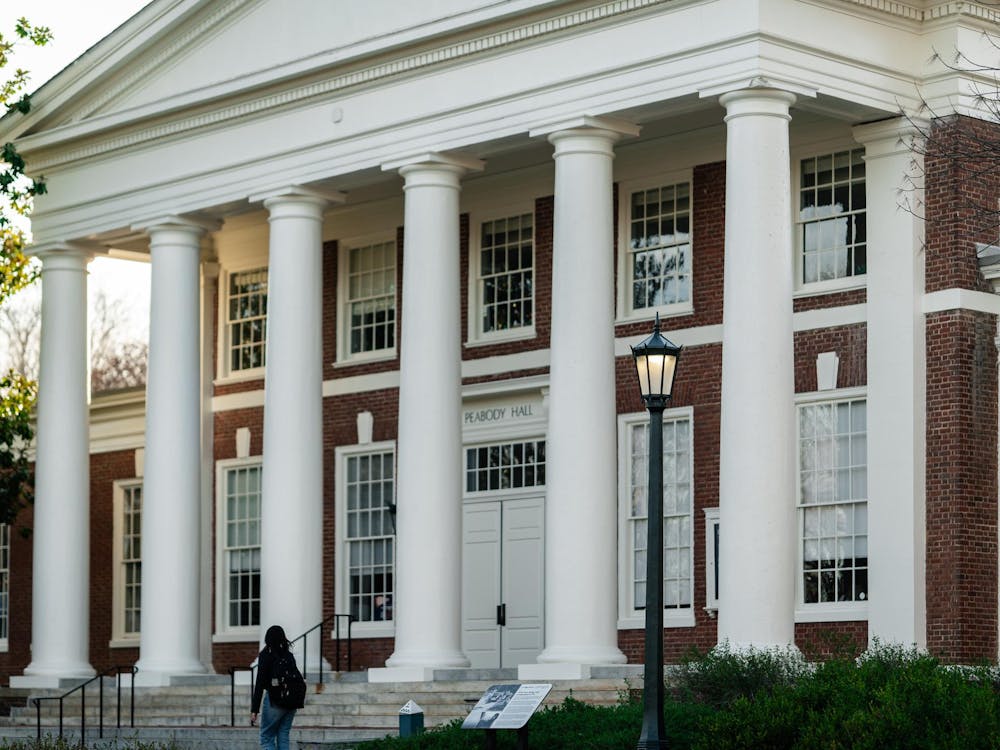Ever had dreams of lounging your way to an M.B.A. from your bed, laptop in hand? Ever think that you would be more efficient if you did not have to deal with those nagging professors every day? Note to all aspiring business graduate scholars: Banish the thought.
According to a recent article in The Chronicle of Higher Education, the online M.B.A. program, once thought to be a big part of the future of revolutionary online education, has disappointed many proponents because of its lack of enrolled students and its deficit of funding.
A few years ago, the predictions were high for interest in online or distance learning programs. Experts expected that as much as 10 percent of total business school enrollment would be through online programs, according to the article.
However, in the fall of last year, only 2.5 percent, or 2,967 of 116,494 M.B.A. students, were involved in such programs.
Elliott Weiss, the University's associate dean for M.B.A. education, said there are no immediate plans to develop an online degree program at the Darden School. Furthermore, according to Darden spokesman Phil Giaramita, Darden "has always been opposed" to online business degrees in their current capacity.
The classroom exchange, which Giaramita said is an integral part of an on-campus experience, promotes "becoming involved with each other and interacting with people."
A business education traditionally focuses on personal interface as well as technical expertise, and it is difficult to integrate the two with the Internet. Business etiquette and ethics are just two nuanced issues that would be difficult to explain in an online format, he said.
A large portion of all graduate students enrolled in online M.B.A. programs are enrolled through Duke's Fuqua School of Business executive M.B.A. program. As of now, there are 600 executive program students and 640 campus-based daytime students.
Duke pioneered the distance-learning graduate business degree in 1984 and started an online degree in 1996. According to James Gray, associate dean for communications and marketing at the Fuqua School, however, it is important that the program, which was developed for employed workers to receive a graduate degree while on the job, be identified as a "partially online M.B.A. program."
For one of the online degrees, called the weekend M.B.A. program, 20 percent of the courses are taught online. The global and cross-continental courses are taught 65 to 70 percent online. Gray said the concept is one of "place and space - place of the classroom and space of the Internet."
The success of Duke's online offerings, in the face of disappointment of other schools' programs, may be attributed to their partial online status as opposed to an attempt at a completely online degree.
In fact, Duke's program is doing so well - all enrollment numbers are up - that the school's current vision for the future has "the executive M.B.A. program [growing] larger than the daytime," Gray said. Among its hopes are "plans to quadruple the cross-continental program."
Darden, however, is tentatively exploring some online options for its programs. The programs deal more with how to use technology to deliver the M.B.A. classes than an online degree, Weiss said.
Darden now is working in conjunction with the University of Michigan and University of California-Berkeley to develop online courses to be made available to busy executives interested in business education.






